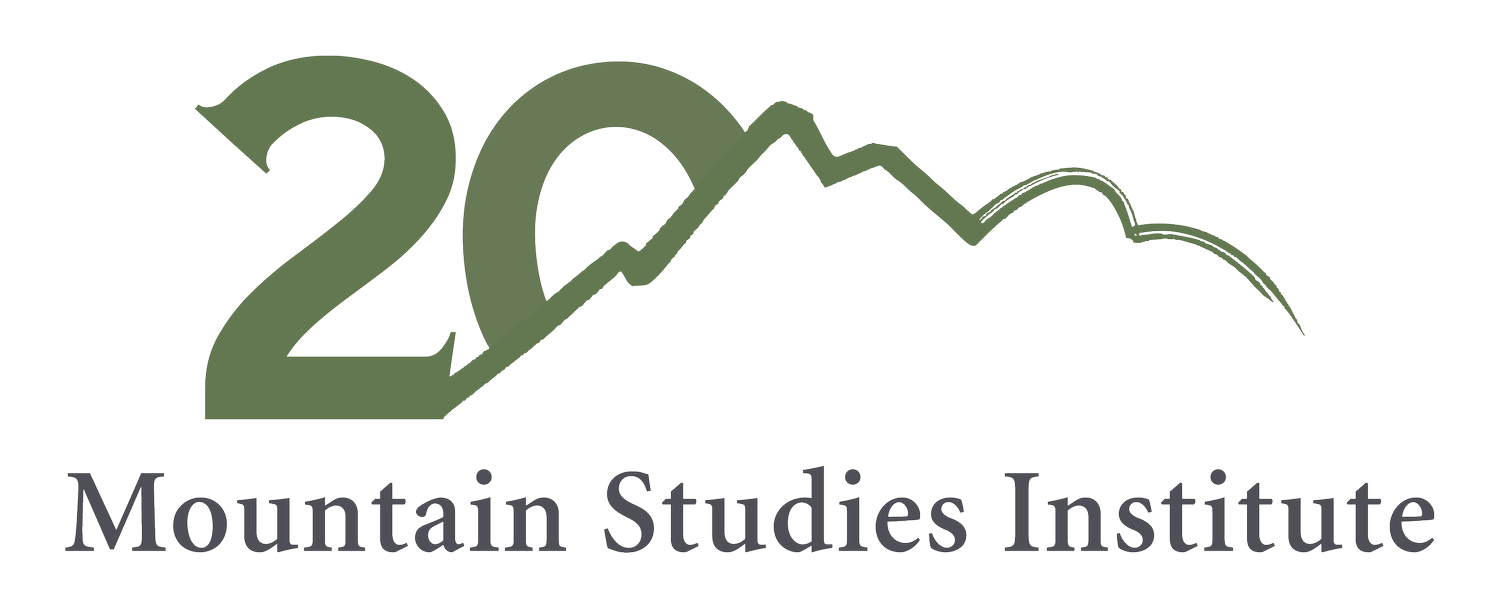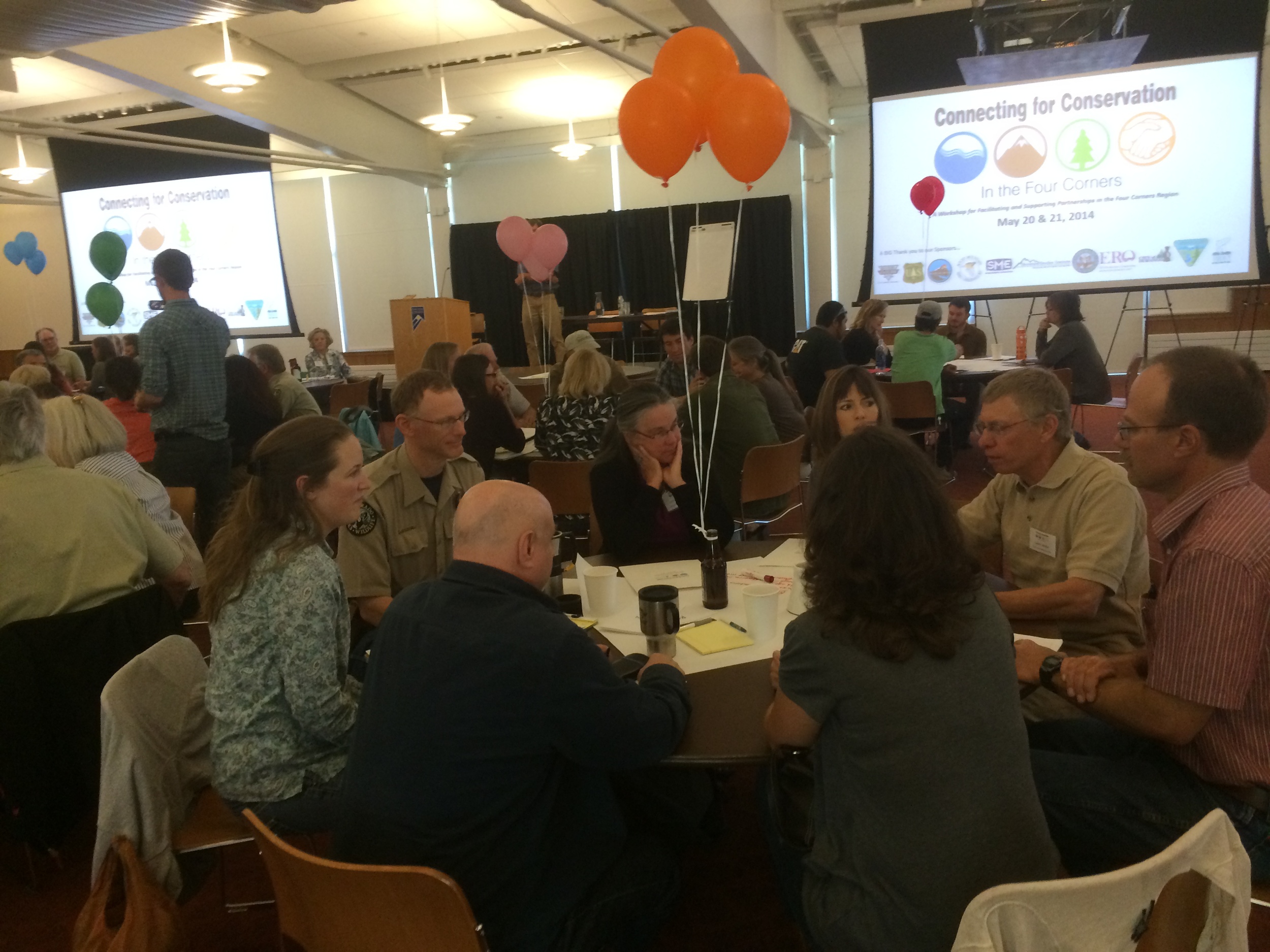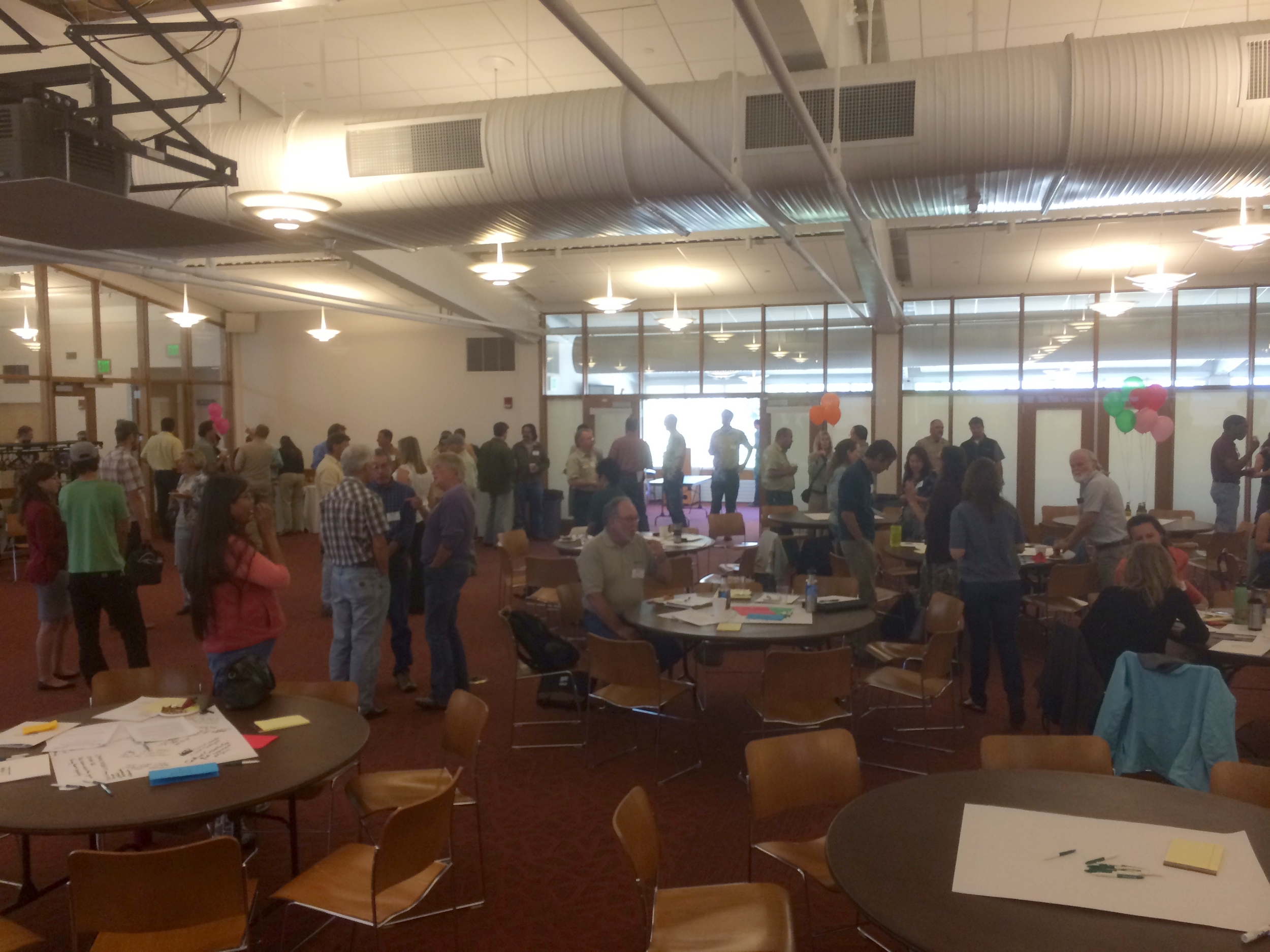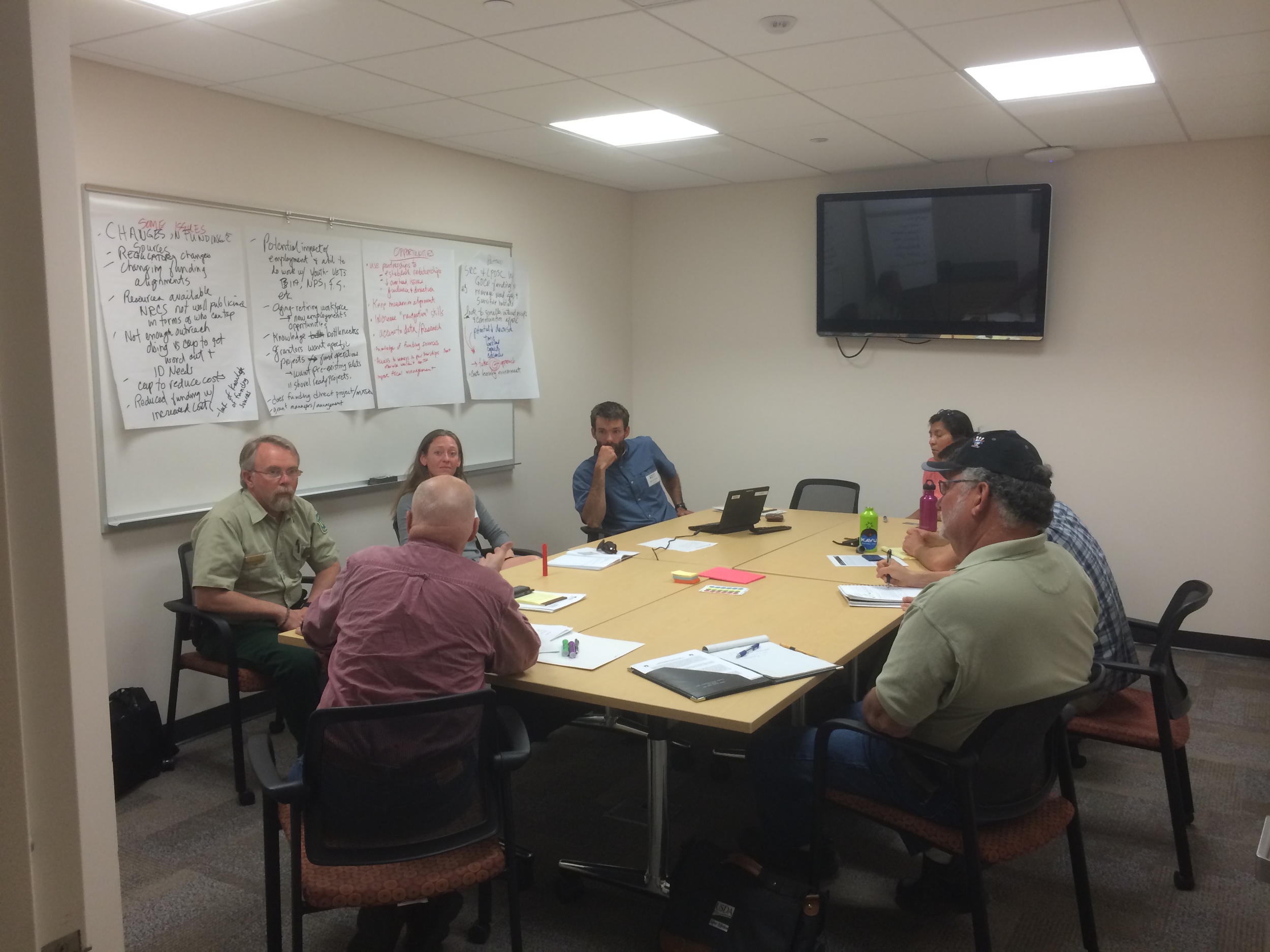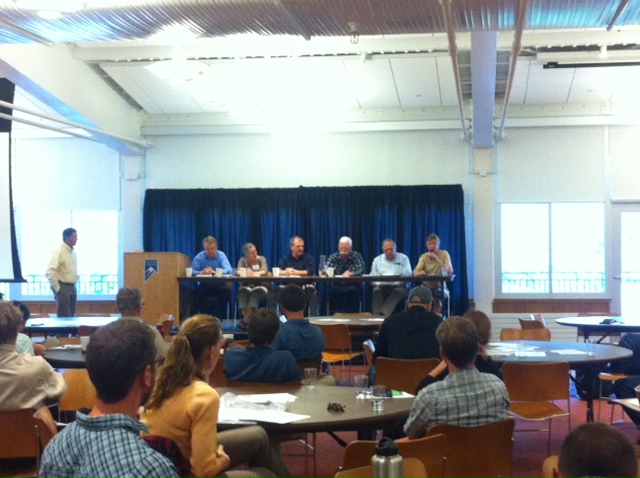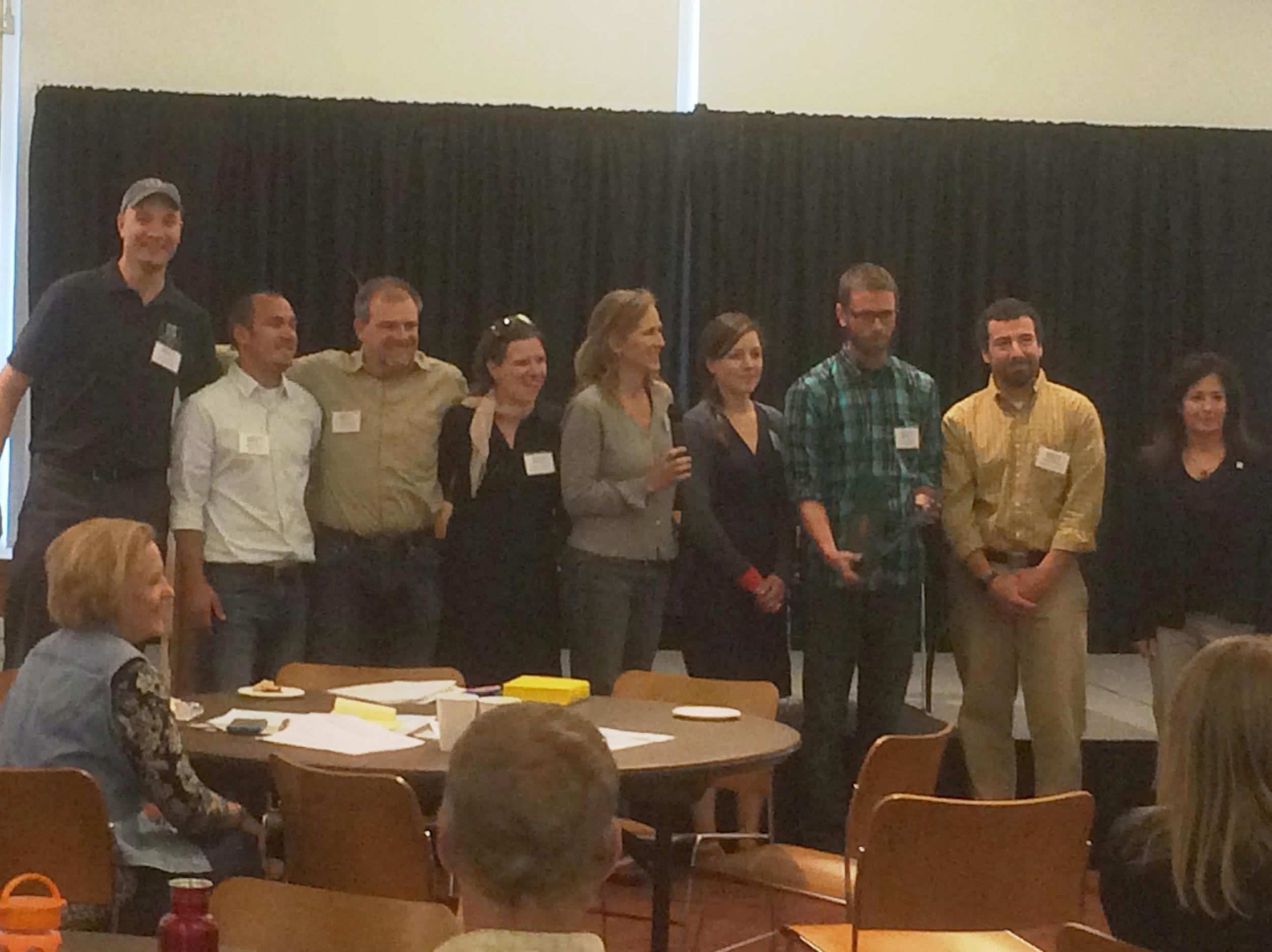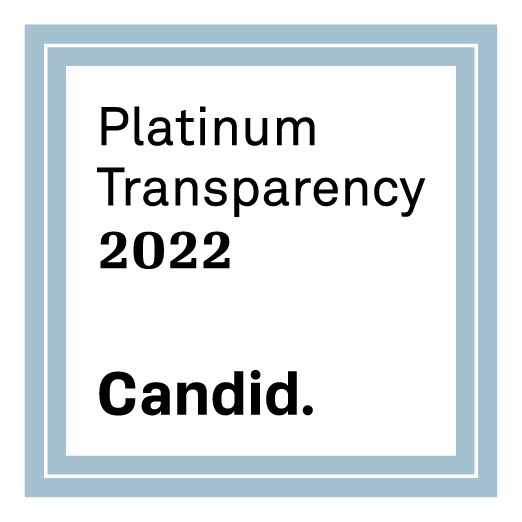Facilitating and supporting collaboration in the Four Corners Region.
Connecting for Conservation is a networking program to encourage partnerships and coordinate collective action across a range of non-profits, agencies, owners and disciplines in the Four Corners. Connecting for Conservation was an idea borne from the realization that many organizations in the Four Corners share conservation goals and interests, but lacks the resources to bring these goals to fruition as singular, isolated efforts.
Connecting for Conservation provides an opportunity for agencies, non-profits, tribal entities and the public to collaborate, partner and share resources to accomplish common conservation goals. Connecting for Conservation is the proactive answer to the need for organizational collaboration and shared resources among conservation-minded entities in the Four Corners. Partners come together to identify issues and develop relationships that can address those issues.
2018 Workshop: May 8 & 9
Thank you all for attending!
Partners and contributors that support Connecting for Conservation include, San Juan National Forest, Mesa Verde National Park, MSI, Southwest Conservation Corps, Farmington and Tres Rios BLM Field Offices, Southwest Water Conservation District, Colorado Parks and Wildlife, BHP Biliton, Ecosphere Environmental Services, Trout Unlimited, Rocky Mountain Bird Observatory, Four Corners School and Mesa Verde Museum Association.
Partner activities and efforts event calendar
Email Page, page@mountainstudies.org, if you have a partner activity or collaborative event you would like us to post.
2014 Workshop highlights
One hundred people attended the 2014 workshop from forty different organizations, three states, and two tribal nations. Five new partnerships were formed around the break out session themes of conversation: invasive weed management, climate resilient strategies, education research collaborative, economic health, and water quality improvements. More than $200,000 in new funding and in-kind services was a direct result of the 2014 workshop.
